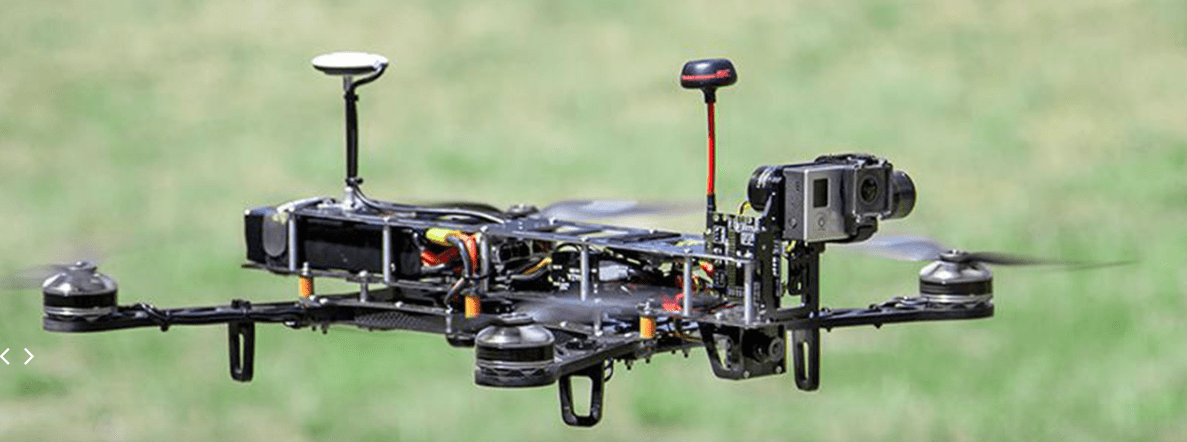 As interest in drone investing heats up across the globe, Africa is one of the newest continents to join the commercial drone market. South Africa’s Rocketmine and Ghana’s Aeroshutter are among the first companies to take advantage of a largely unregulated space with significant need for drone services.
As interest in drone investing heats up across the globe, Africa is one of the newest continents to join the commercial drone market. South Africa’s Rocketmine and Ghana’s Aeroshutter are among the first companies to take advantage of a largely unregulated space with significant need for drone services.
Africa’s wide open spaces offer a welcoming canvas for all types of commercial drone applications; and the regulatory framework is so far loosely defined and encouraging for business. Operating under one of the very first commercial drone licenses issued in South Africa, Johannesburg based Rocketmine is providing “aerial data solutions” for industries like mining and agriculture. TechCrunch reports that the company expects to realize over $1 million in revenue this year. While the company was bootstrapped, they expect to announce a major investor this year. Rocketmine operates across Africa: with 7 pilots and 15 drones they currently work in South Africa, Nigeria, and Mozambique.
Rocketmine’s CEO tells TechCrunch that while South Africa’s commercial drone regulation is geared towards safety, “Africa’s drone environment overall is still less institutionalized than the U.S. and offer’s a lot of space for entrepreneurs to experiment.”
In Ghana, drone startup Aeroshutter provides aerial photography, commercial property surveillance, and advertising. With one of the first drone operations in Ghana, Aeroshutter now has 6 staff flying DJI drones running Pix4D and Dronedeploy mapping software. Drones are still unregulated in Ghana; the Civil Aviation Authority is working on commercial regulation with input from a small industry group recently formed by Aeroshutter and their counterparts.
In Rwanda, the first drone port designed is expected to open in 2018. Drone delivery is not yet a reality in Africa, but the lack of infrastructure across the continent makes the advantages of drone delivery abundantly obvious: companies across the world are working on projects to make it a reality. With the benefits of drones so clear, drone companies may have an easier time of working with governments to create regulations that encourage the new industry’s growth for everyone’s good.

Miriam McNabb is the Editor-in-Chief of DRONELIFE and CEO of JobForDrones, a professional drone services marketplace, and a fascinated observer of the emerging drone industry and the regulatory environment for drones. Miriam has penned over 3,000 articles focused on the commercial drone space and is an international speaker and recognized figure in the industry. Miriam has a degree from the University of Chicago and over 20 years of experience in high tech sales and marketing for new technologies.
For drone industry consulting or writing, Email Miriam.
TWITTER:@spaldingbarker
Subscribe to DroneLife here.







Leave a Reply